
Data from the phase 3 MIRASOL trial support the European marketing authorization application for mirvetuximab soravtansine as a treatment for folate receptor α–positive, platinum-resistant ovarian cancer.

Your AI-Trained Oncology Knowledge Connection!


Data from the phase 3 MIRASOL trial support the European marketing authorization application for mirvetuximab soravtansine as a treatment for folate receptor α–positive, platinum-resistant ovarian cancer.
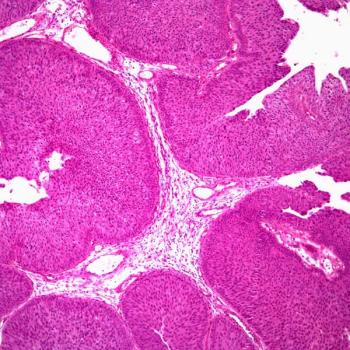
The regulatory agency has set a Prescription Drug User Fee Act date of April 23, 2024 for N-803 plus BCG as a treatment for BCG-unresponsive, non–muscle invasive bladder carcinoma.

Study shows a high prevalence of thyroid cancer in transgender female patients.
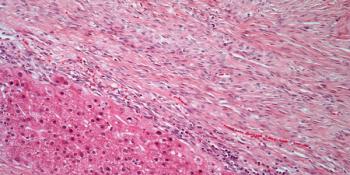
Data from the phase 3 RATIONALE-301 trial appear to support tislelizumab as a potential frontline treatment option for patients with unresectable hepatocellular carcinoma.

Data from the phase 3 JUPITER-02 study and phase 2 POLARIS-02 study support the FDA approval of toripalimab-tpzi alone and in combination with gemcitabine and cisplatin in nasopharyngeal carcinoma.

Paige Lymph Node is the first artificial intelligence application of its kind to receive breakthrough device designation from the FDA for detecting breast cancer metastases.

Investigators will assess the safety and preliminary anti-tumor activity of ONCT-534 in metastatic castration-resistant prostate cancer in the phase 1/2 study ONCT-534-101.

Findings from a phase 2 trial also show that there is no progression-free survival or overall survival benefit with lapatinib plus chemoradiotherapy in patients with non-human papillomavirus–related head and neck cancer.

Dose adjustments and alternative treatment regimens may be required amid hematologic drug shortages.

Data from the phase 3 RUBY/ENGOT-EN6/GOG3031/NSGO trial support the use of frontline dostarlimab plus chemotherapy for dMMR/MSI-H primary advanced or recurrent endometrial cancer.

Data from the phase 3 KEYNOTE-091 trial supported the European Commission’s approval of pembrolizumab as an adjuvant treatment for adults with non–small cell lung cancer at high risk of recurrence following complete resection and platinum-based chemotherapy.

CB-012 is set to be investigated as part of the phase 1 AMpLify trial in patients with relapsed/refractory acute myeloid leukemia.

The Canadian approval of relugolix for advanced prostate cancer is based on findings from the phase 3 HERO study.
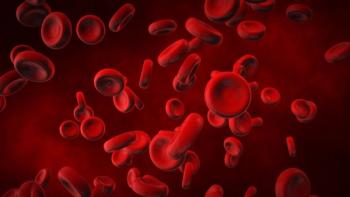
A phase 1 study will evaluate TERN-701’s safety, efficacy, and pharmacokinetics in a population diagnosed with chronic myeloid leukemia.

Findings from recent studies support the use of artificial intelligence-based tools in the context of radiation therapy for patients with localized prostate cancer, according to Neeraj Agarwal, MD.

Ivosidenib monotherapy is now approved by the FDA for patients with relapsed/refractory myelodysplastic syndrome with an IDH1 mutation.

The primary end point of overall response rate is met in the phase 2 ROSEWOOD study of patients with relapsed/refractory follicular lymphoma receiving zanubrutinib plus obinutuzumab vs obinutuzumab monotherapy.
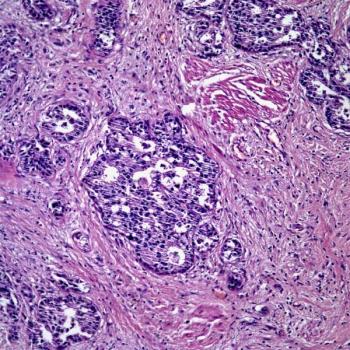
Efficacy and safety data from the phase 2b SUNRISE-1 trial support the ongoing evaluations of TAR-200 as a treatment for patients with BCG-unresponsive high-risk non–muscle-invasive bladder cancer.

Data from a phase 2 trial suggests that earlier use of abiraterone acetate/prednisone plus cabazitaxel may elicit clinical benefit in patients with metastatic castration-resistant prostate cancer.

Amivantamab plus chemotherapy may be the new standard of care for patients with EGFR-mutated advanced non–small cell lung cancer that has progressed following osimertinib, according to Antonio Passaro, MD, PhD.

A yoga intervention program in patients with head and neck cancer appears to correlate with significantly fewer feeding tube placements compared with those receiving usual care.

Objective response rate appears to be higher with datopotamab deruxtecan compared with docetaxel among patients with advanced or metastatic non–small cell lung cancer in the phase 3 TROPION-Lung01 study.

ERBB2, FAT3, and FRS2 alterations appear to correlate with improved progression-free survival with ribociclib compared with placebo in patients with advanced breast cancer.

Julie M. Vose, MD, MBA, reflects on the generic drug shortages and the reasoning behind the continued pattern affecting different cancer types.

Sobuzoxane plus etoposide and rituximab may be safe and effective in a subgroup of elderly patients with diffuse large B-cell lymphoma and low tumor burden.

A frontline treatment regimen including bortezomib and rituximab appears to be well tolerated among patients with B-cell non-Hodgkin marginal zone lymphoma in a phase 2 study.

Amivantamab plus lazertinib may represent a new standard of care in those with EGFR-mutated advanced non–small cell lung cancer, according to Byoung Chul Cho, MD, PhD.
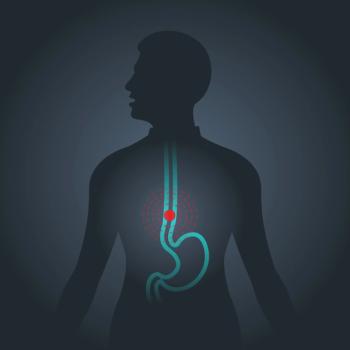
Investigators will continue to assess the efficacy and safety of lenvatinib plus pembrolizumab and chemotherapy as frontline treatment for patients with metastatic esophageal squamous cell carcinoma in part 2 of the LEAP-014 study.
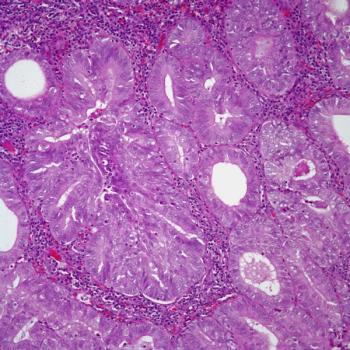
Data from the phase 3 KEYNOTE-775 trial support lenvatinib plus pembrolizumab as a standard therapy option for patients with previously treated advanced endometrial cancer.

Treatment with EX103 produces deep responses among heavily pretreated patients with B-cell non-Hodgkin lymphoma across multiple subgroups in a phase 1 trial.